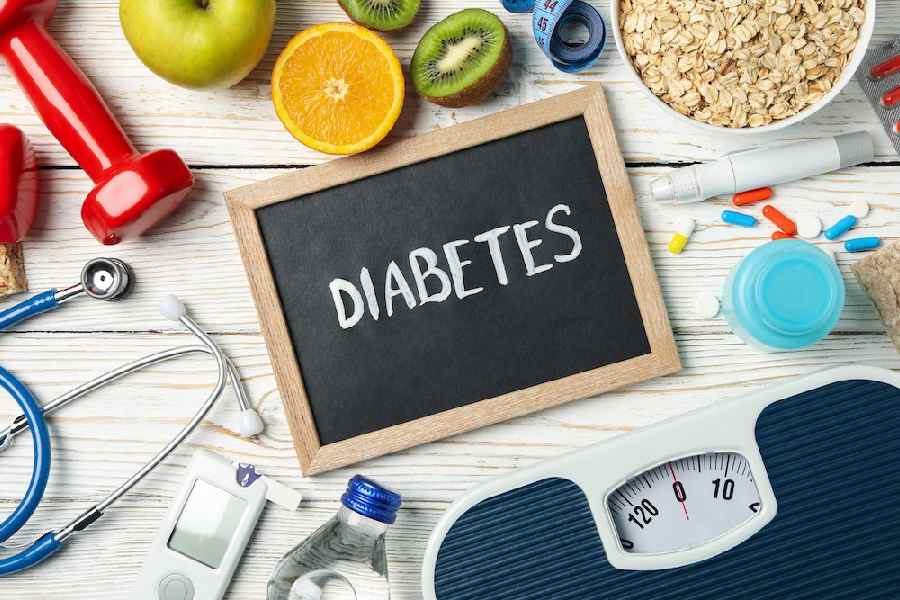Adults with type-2 diabetes who adopt a low-carbohydrate diet may regain functioning insulin-producing beta cells and possibly be able to discontinue anti-diabetes medication, researchers said in a study released on Monday.
Their study, albeit on a small set of 57 patients in the US, has found that people with diabetes who are on a low-carbohydrate diet can recover their beta cells, an outcome that cannot be currently achieved with medication. The researchers say their findings bolster evidence and hope for diabetes remission.
“People with mild type-2 diabetes who reduce their carbohydrate intake may be able to discontinue medication and enjoy meals and snacks that are high in protein and that meet their energy needs,” Barbara Gower, professor of nutrition sciences at the University of Alabama in the US and the study’s lead author, said in a media release. The study was published on Monday in the Journal of Clinical Endocrinology and Metabolism.
The beta cells in the pancreas produce and release insulin, the hormone that controls blood sugar levels. People with type-2 diabetes have a compromised beta cell response to blood sugar, which researchers believe is due in part to high intake of carbohydrates.
Poor beta cell response alongside insulin resistance — a condition in which the body’s cells are unable to use insulin efficiently — is the key driver for the progression of type-2 diabetes.
Gower and her colleagues examined beta cell functioning and insulin secretion in 57 adults, about half of them on a low-carbohydrate diet, the other half on a high-carbohydrate diet, at the start and 12 weeks after they adopted their assigned dietary regimes.
People on the low-carbohydrate diet received 9 per cent carbohydrates and 65 per cent fat, while those on the high-carbohydrate diet received 55 per cent carbohydrates and 20 per cent fat.
The researchers found that the patients on the low-carbohydrate diet showed on average a two-fold greater acute beta cell response and a 22 per cent maximal beta cell response than the patients on the high-carbohydrate diet.
The acute beta cell response is the immediate and short-lived response to blood sugar, while the maximal beta cell response measures the cells’ full insulin secretion capacity. Both responses are used in the assessment of diabetes.
Multiple studies over the past 15 years, particularly those by professor Roy Taylor, a physician and diabetologist at the Newcastle University in the UK, have indicated that it is possible to reverse diabetes through well-structured weight loss programmes.











